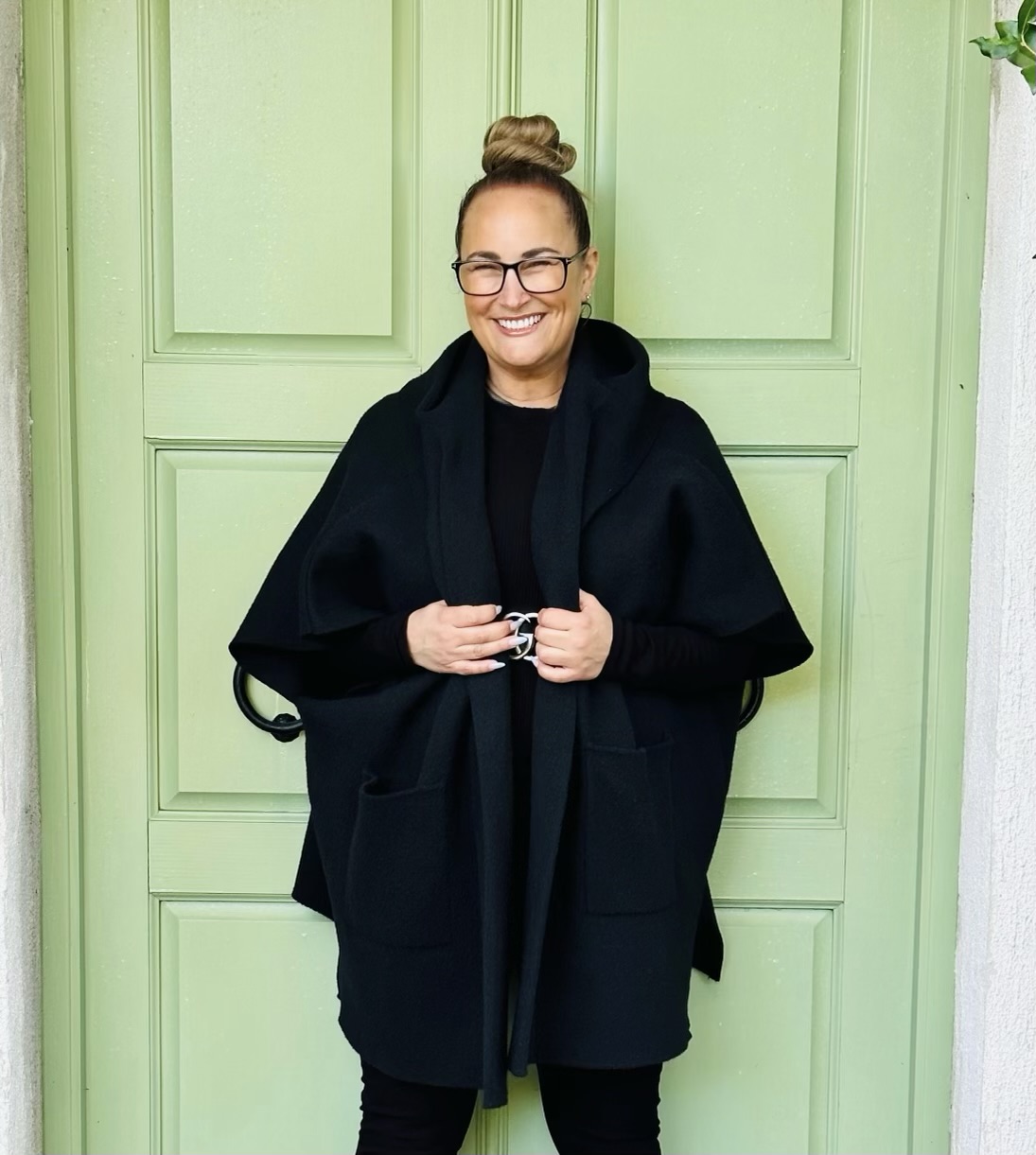 Today we’d like to introduce you to Capella Fahoome.
Today we’d like to introduce you to Capella Fahoome.Hi Capella, we’d love for you to start by introducing yourself.
I am a filmmaker and executive leadership coach. I grew up in Detroit and attended Detroit Public Schools; graduated from the University of Michigan with a B.A. in Psychology, then studied at the University of Pennsylvania receiving a Master of Applied Positive Psychology and a Master of Philosophy in Organizational Dynamics with a concentration in executive coaching.
It was during my first graduate program in Industrial/Organizational psychology that I got my start as a producer with a NIH-funded anti-drug film. The director wanted to steer clear from the ineffective intervention at the time, which amounted to telling kids, “Don’t do drugs.” So, the film featured ways to induce “natural highs” through experiences of flow.
Since those early days, I’ve worked on a variety of films and branded content. Some of the award-winning films I’ve produced include Don’t Stop Believin’: Everyman’s Journey, A Bunch of Amateurs, I’M FINE (Thanks for Asking), Voices of the Sea, Balloon Man, and Motherland.
For twenty years now, I’ve had a front-row seat to what happens behind the scenes in Hollywood. I use that real-world experience, combined with the latest research on behavior and human flourishing, to coach producers and studio executives, speak to organizations and universities, and administer assessments on emotional intelligence quotient, communication preferences, and industry well-being.
I also host a film industry leadership podcast called When is Now, which was developed from a chapter in my book The Outsiders Guide to Filmmaking…and life in general.
It’s so exciting to come full circle, combining the film industry with human flourishing. I started off in organizational psychology, transitioned to a film producer, and now I’m coaching leaders about methods and behaviors to promote optimized creative conditions.
I am thrilled to find myself in a position to do what I love for the industry I love.
Alright, so let’s dig a little deeper into the story – has it been an easy path overall and if not, what were the challenges you’ve had to overcome?
I love this question because we talk a lot about it on the podcast: how resiliency or overcoming challenges can lead to transformational growth.
In fact, a chapter in my upcoming book, The Outsiders Guide to Filmmaking…and life in general, is called “This S%#t Ain’t Easy.” That may be true with anything important and meaningful. It can be hard work, and you must have love and passion for your craft; but when you do, it doesn’t seem like work.
Obviously, to be successful in this industry, you must be relentless and do what you love with people you respect. That is why I am such a promoter of positive leadership, relationships, and well-being. Because while most people’s professional life might consume about 33% of their overall life, in the film industry, it can be 60 to 80%! Ideally, that time is regenerative and not depleting.
It’s been powerful to see how by creating healthier environments and saving the drama for on-screen can produce high-quality films that are produced on time and within budget.
Thanks – so what else should our readers know about your work and what you’re currently focused on?
As I mentioned, I’ve seen the best and the worst this industry has to offer and I am convinced—through both theory and practice—that with intention and attention to people, we can create a community that flourishes, where people, projects, and the bottom-lines thrive. It also means we can work towards preventing work delays and stoppages.
Right now I’m focused on executive coaching for production leaders to help them understand the connections between emotions, thoughts, and behaviors, and how to implement my framework on sets. I limit myself to three clients, only taking new clients once a current client has satisfied their goal.
I also administer assessments for individuals and organizations, as well as film crews before and after principal photography. These assessments only take a few minutes, but the information they reveal pays in dividends. It’s a low-time, high-impact investment.
I also mentioned that I have a weekly podcast called When Is Now. It is a leadership podcast created for the film industry—specifically production leaders, such as producers and studio executives, but relevant for everyone.
On it, I talk with a diverse range of exceptional thought leaders about creating organizational and interpersonal trust, creativity, inclusion, curiosity, gratitude, positive relationships, implicit bias, and styles of leadership. Each guest shares their insights, personal stories, and practical tools for how we can support and encourage all listeners to engage in practices that allow them to understand and support those around them.
Are there any important lessons you’ve learned that you can share with us?
There have been many important lessons I’ve learned.
There have been many important lessons I’ve learned.
I have worked on projects with challenging clients, showrunners, or directors and I have been successful at lowering the temperature so that everyone feels heard and valued which allows effective collaboration to happen. I have also been called onto sets when relationships begin to deteriorate to the point of risking the project overall. I also learned that I enjoy the opportunities to quietly coach leaders toward solutions that allow everyone to thrive.
My years as a producer, coupled with my education in psychology and leadership, puts me in a fun little niche to serve as a production whisperer or production wolf. A production whisperer works proactively to establish and maintain productive collaboration and build environments that promote flourishing. And sometimes, I have to serve as the production wolf. The production wolf tends to be reactive, usually called in when a set has deteriorated and members are depleted to the point that the project is in jeopardy. The wolf will come on set and get everything back on track.
Most importantly, I’ve seen that this industry can be a positive-sum game, unlike the zero-sum game we’ve been taught to accept. I believe we work in the greatest industry in the world! By creating a culture that prioritizes well-being, trust, mutuality, and relational energy we can inspire creativity and optimize performance for everyone, from the execs to the extras.
Contact Info:
-
Website: www.CapellaFahoome.com
-
Instagram: https://www.instagram.com/
capellaf/?hl=en
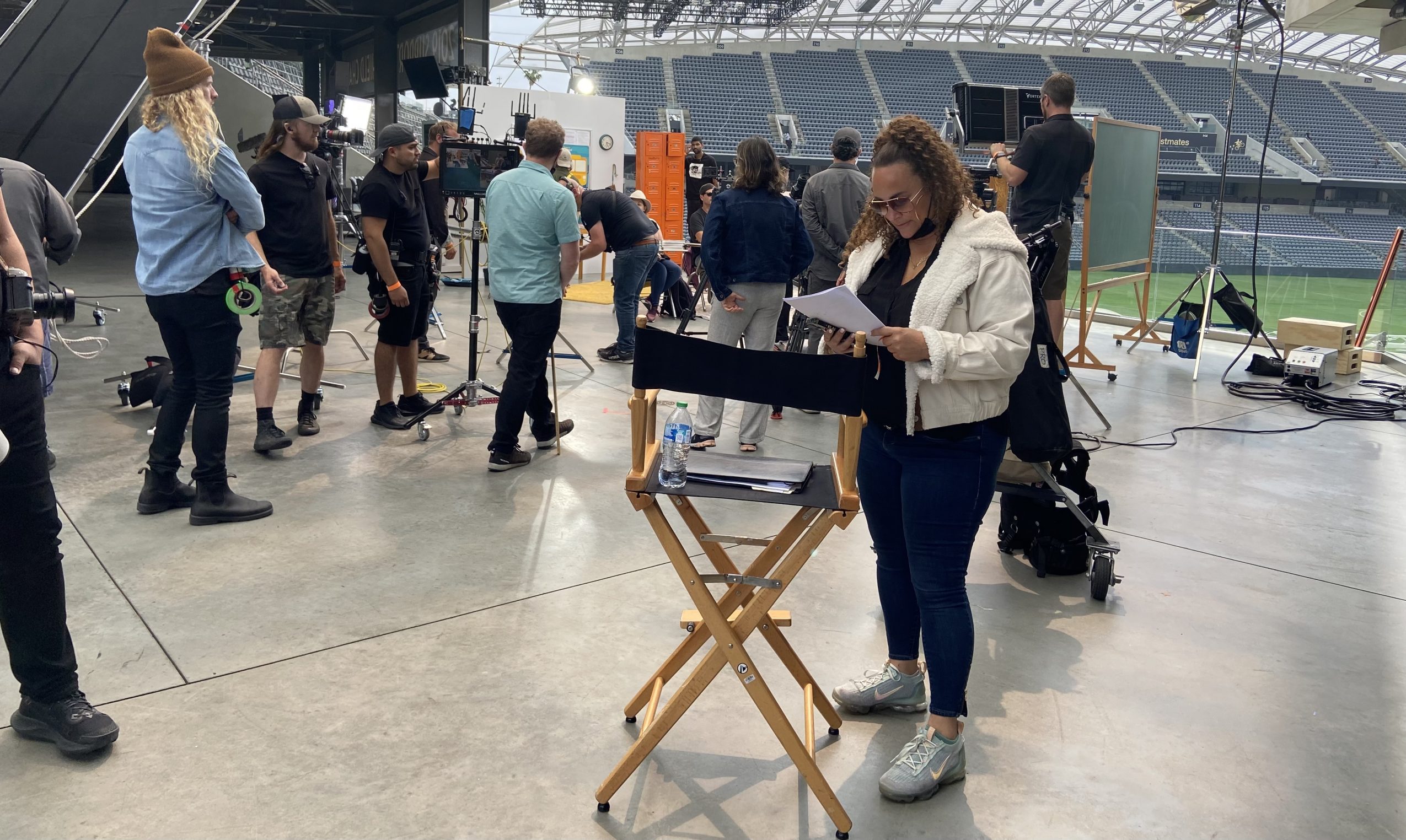
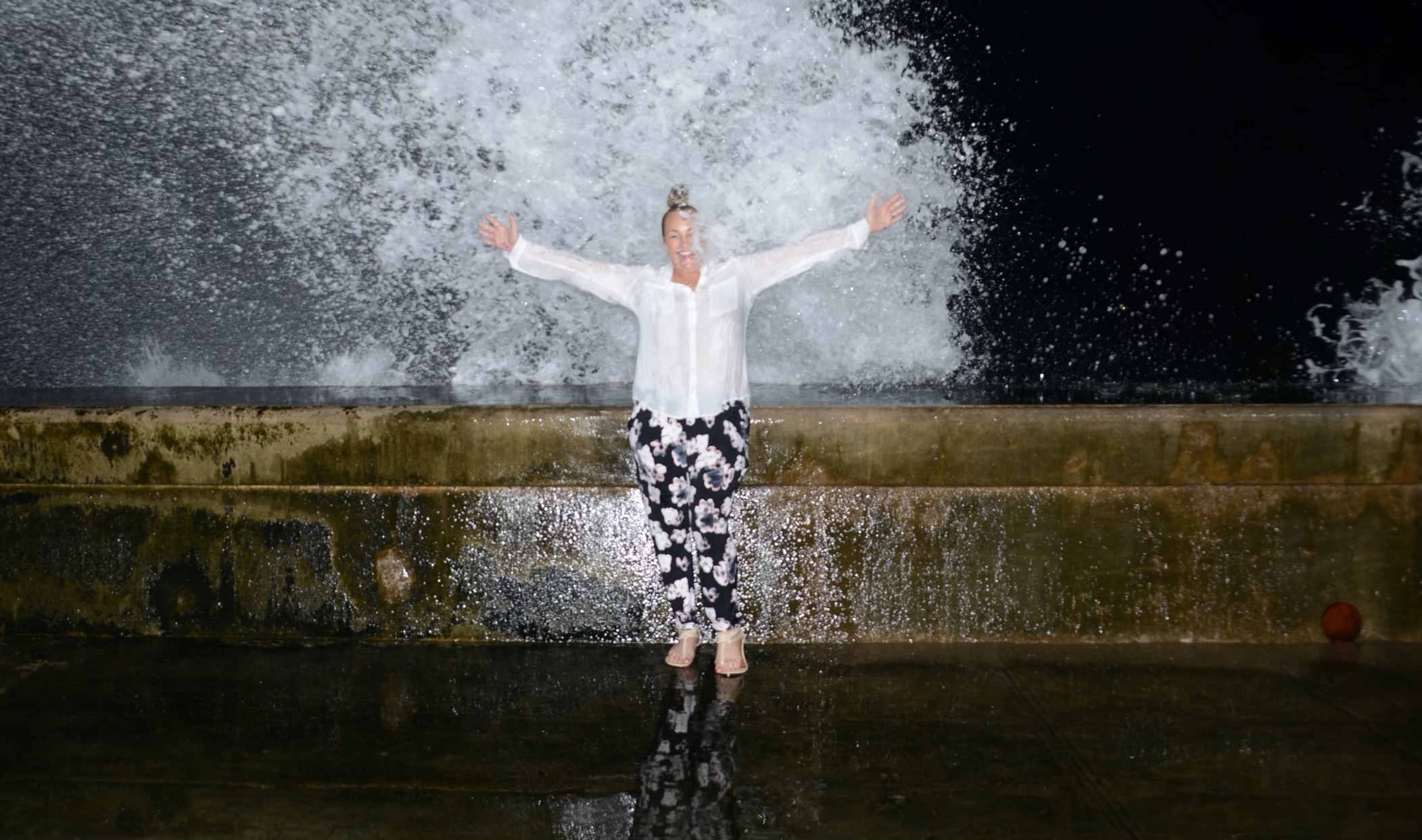
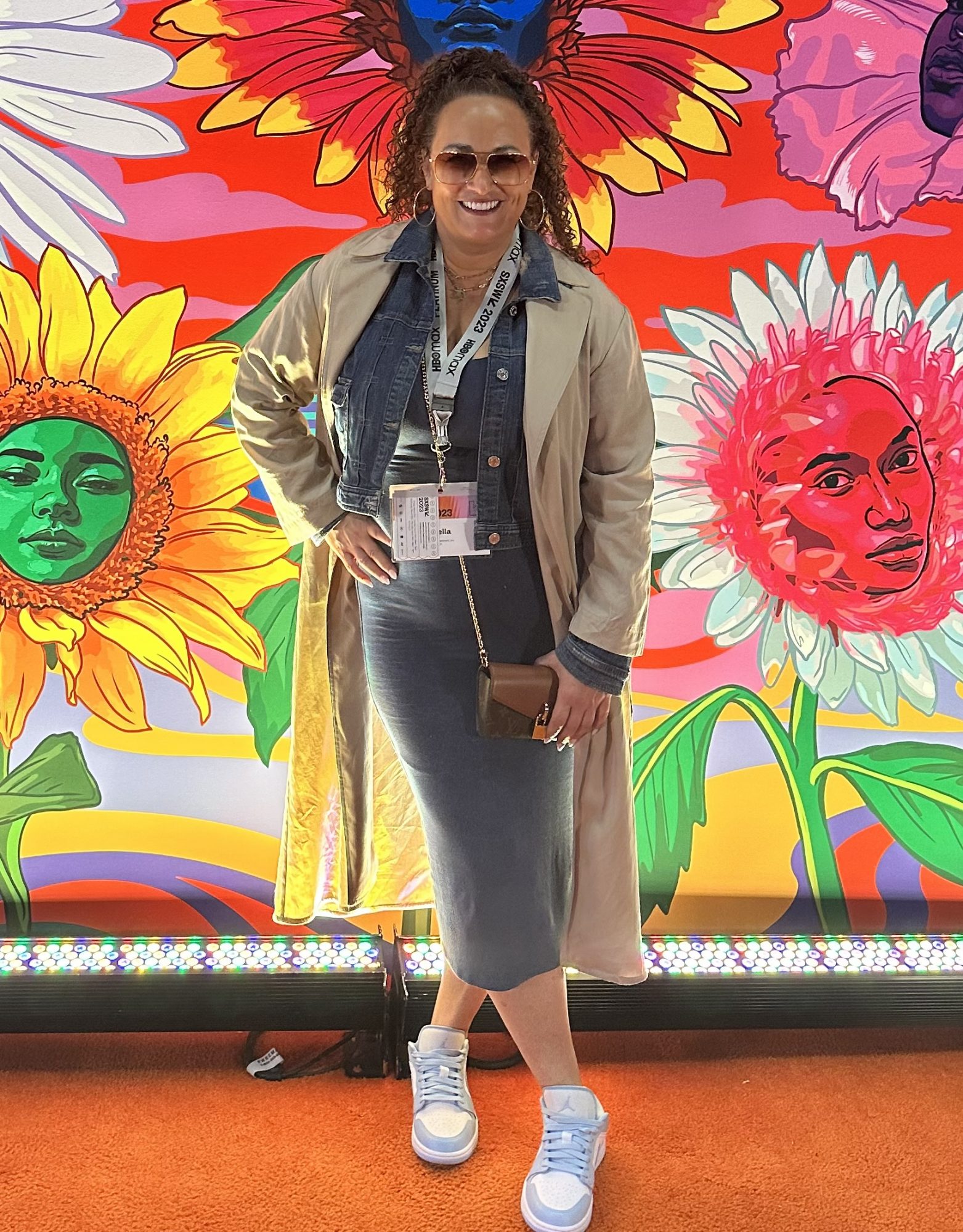
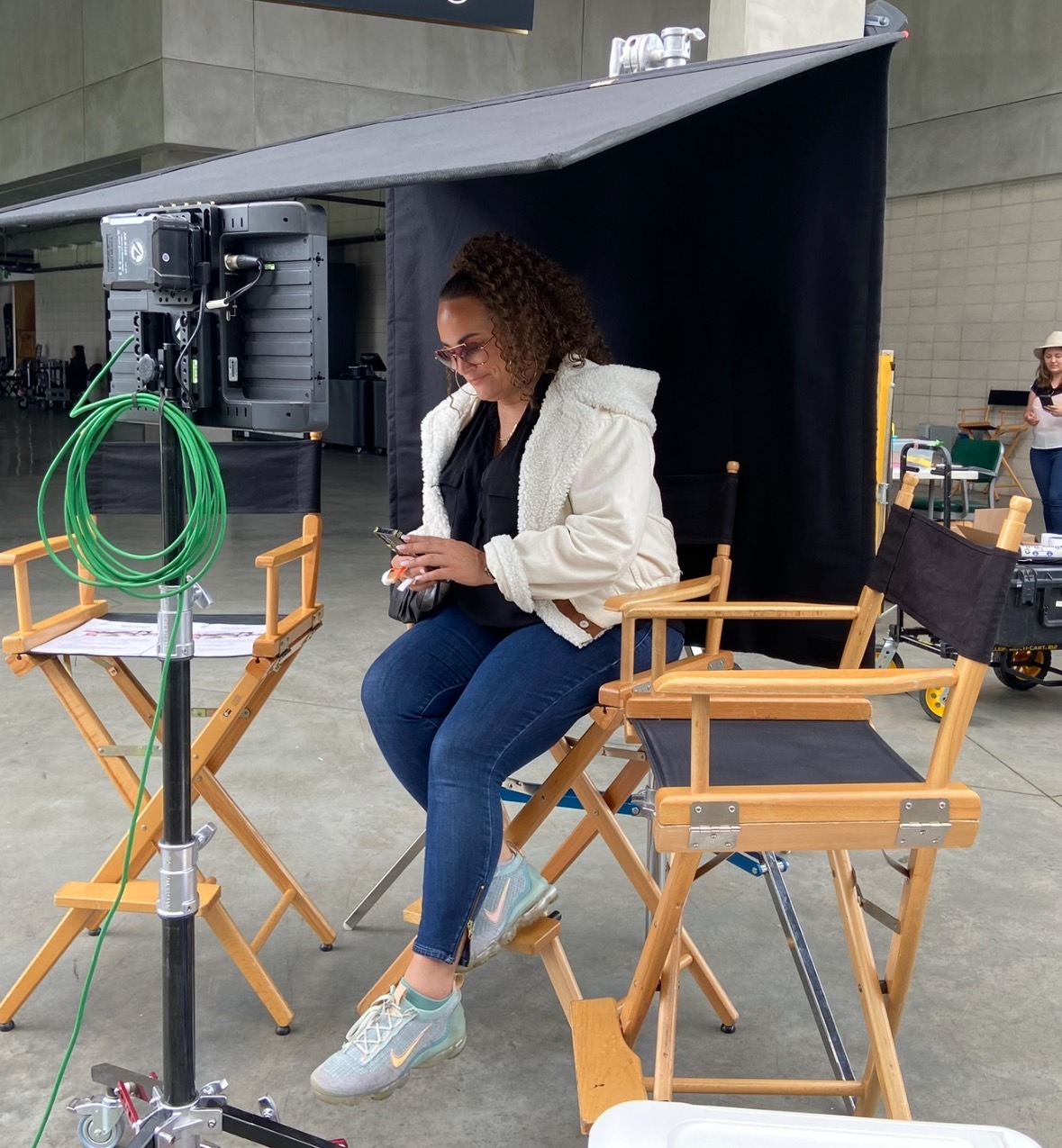
Image Credits
Roy Heisler Jodi Prince Brio Rashawn
Suggest a Story: VoyageLA is built on recommendations from the community; it’s how we uncover hidden gems, so if you or someone you know deserves recognition please let us know here.














